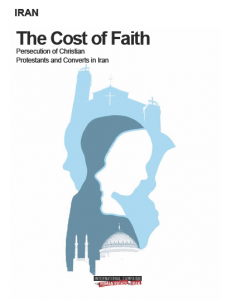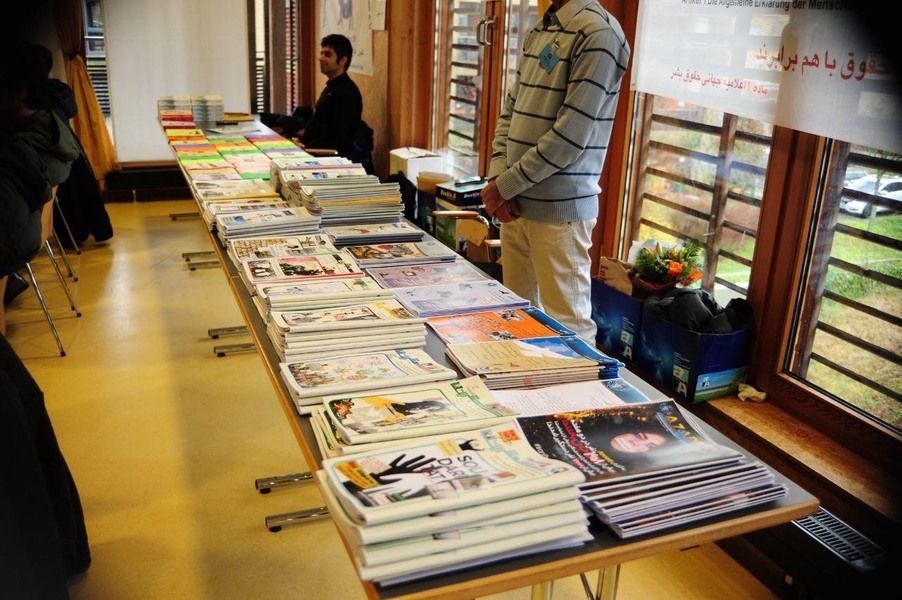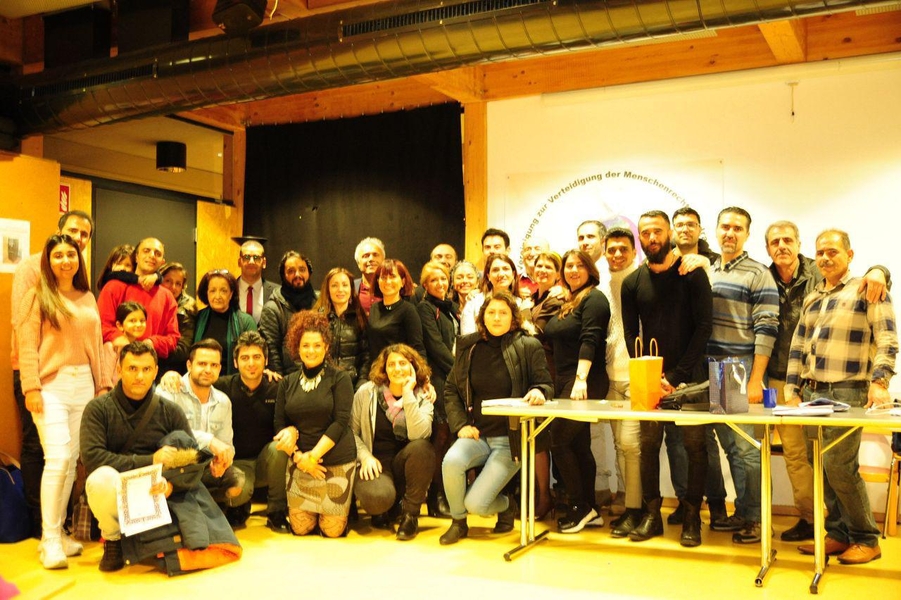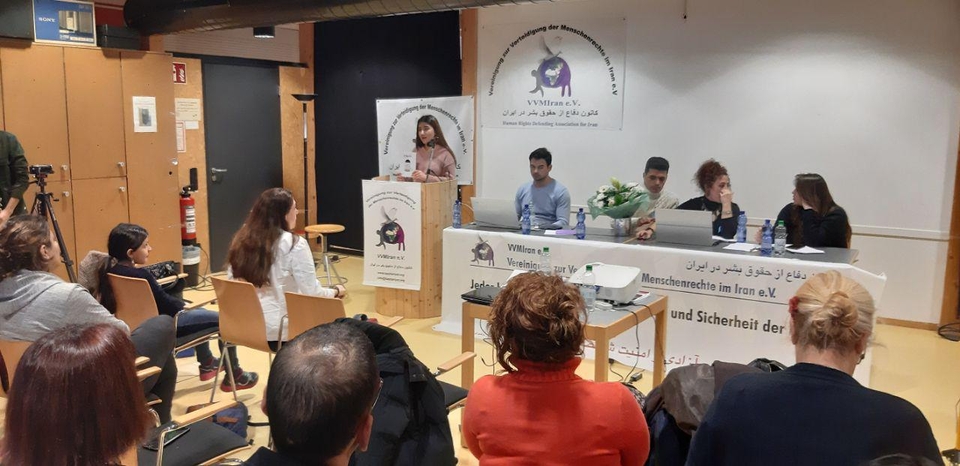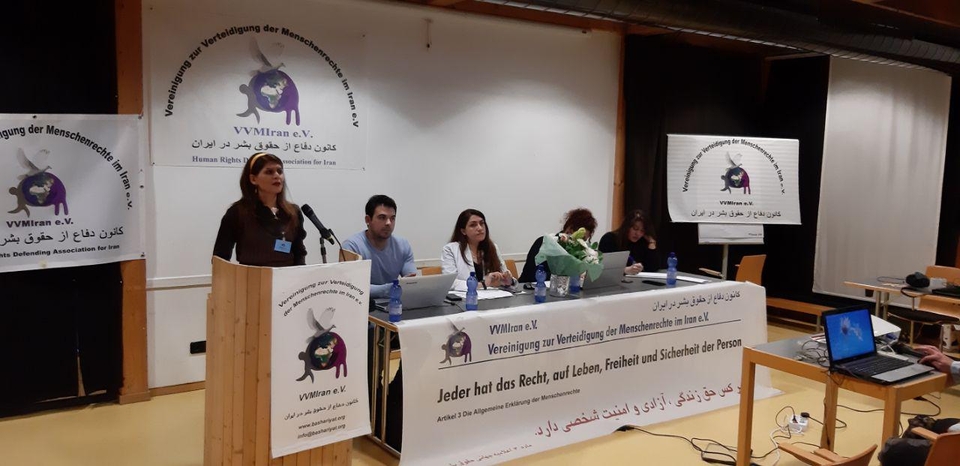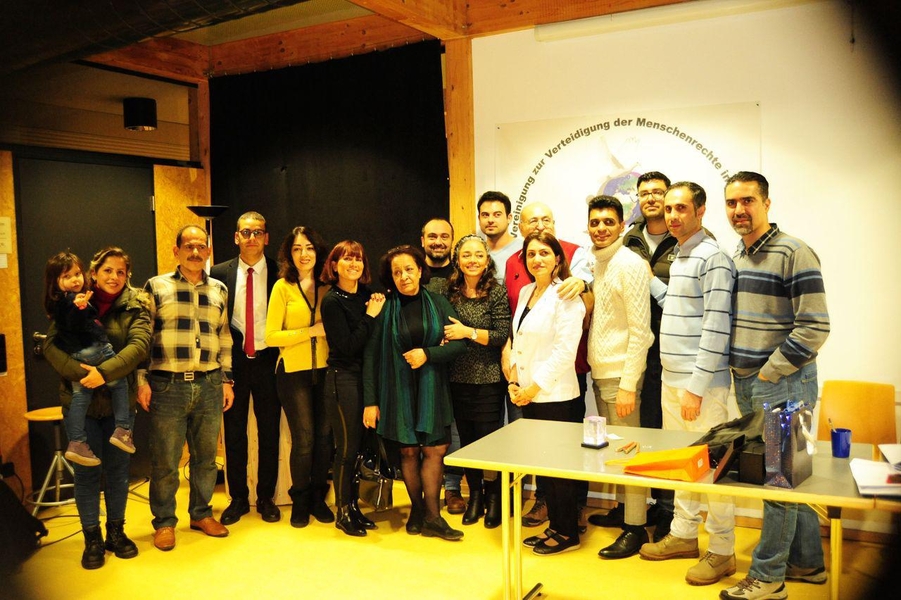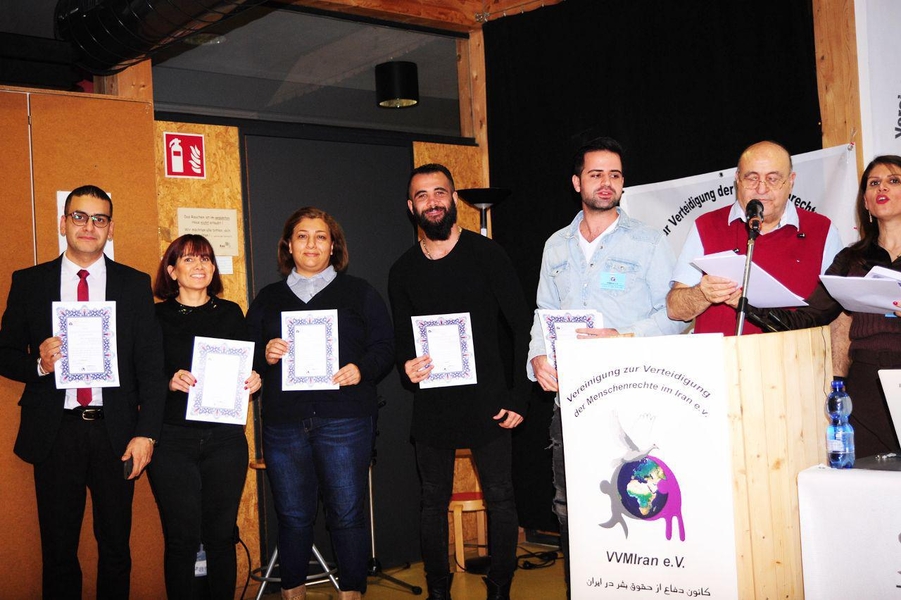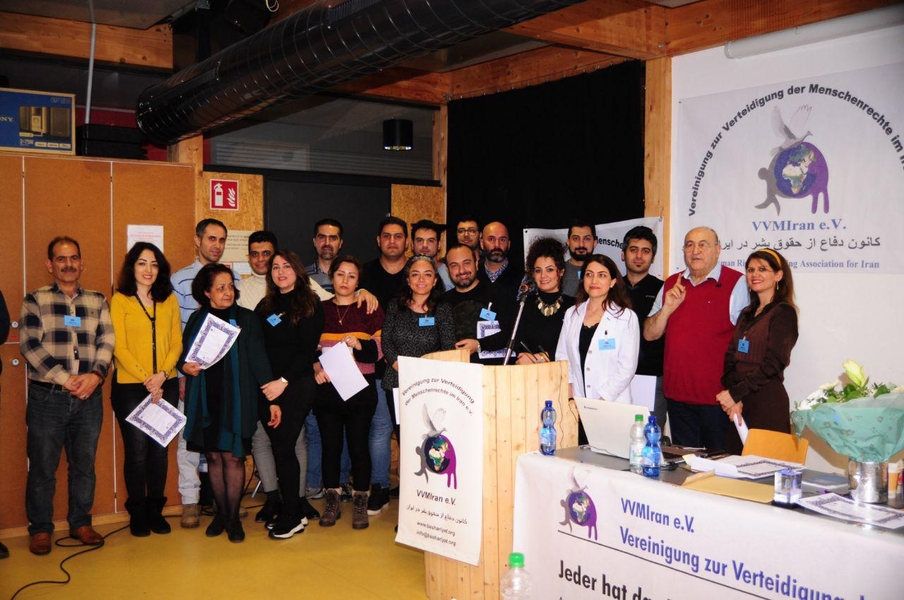rights, which include not only the inability to freely practice their religion, but also the threat of torture and death at the hands of state officials, go against all international law. The international community must let the Iranian government know this is unacceptable,” said Hadi Ghaemi, Executive Director for the Campaign.
The report is based on interviews with 31 Christians throughout Iran from April 2011 to July 2012, drawing on extensive first-hand testimony by Iranian Christians, lawyers who have represented Christians in Iran, Christian rights advocates, and Iranian Christian journalists, as well as relevant Iranian court verdicts, religious edicts by Shi’a jurists and Iranian laws.
The report documents the systematic arbitrary arrest and detention of Christian converts. For example, Farshid Fathi, a 33-year-old Christian leader from Tehran was detained in December 2010 as part of a Christmas crackdown on Christians and subsequently charged with “acting against national security,” “contact with enemy foreign countries,” and “religious propaganda.” The Judiciary has sentenced him to six years in prison which he is currently serving.
Since 2005, authorities have arrested and prosecuted Protestants most often for security crimes against the state. Ahmed Shaheed, the UN Special Rapporteur on human rights in Iran, noted in September 2012 that over 300 Christians have been arbitrarily arrested and detained throughout the country since 2010.
Christian detainees are often denied due process and basic rights. They are held in prolonged detention without formal charges, trials are held without access to counsel, or, if there is counsel, without access to court files, and ill treatment is common during detention.
Leading Iranian officials allege, without any substantiation, that Christian converts are part of a foreign inspired “soft war” against the state. Hojjat Al-Islam Abbas Kaebi, a member of the influential Assembly of Experts, in October 2010 claimed, “… the Zionists and Westerners have targeted [through Christian converts] our society’s identity and people’s religion.”
In numerous interviews conducted by the Campaign, Christian converts reported a consistent pattern of abuses by the government. Freedom to practice religion is severely restricted: the government has refused to allow the construction or licensing of any new church since the 1979 Revolution, it restricts church attendance and has closed many churches, it has shut down Iran’s main Persian–language bible publisher and restricts the distribution of bibles, and it monitors and harasses church groups.
The Campaign’s research reveals that interrogators, prosecutors and courts consistently refer to standard Christian practices, such as membership in a house church, evangelical activities, and participation in a Christian conference, as criminal acts, and security officers routinely confiscate standard Christian items such as bibles, religious literature, and crosses during arrests.
The report also found clear and consistent evidence of the threat to life for Christian converts. One leading Christian pastor, Hossein Soodmand, was executed by the state for apostasy in 1990; other church leaders who were sentenced to death for apostasy, including Christian pastor Youcef Nadarkhani, were subsequently acquitted only due to intense international pressure. The Campaign’s research revealed numerous reports of security officials threatening Christian detainees with execution on apostasy charges, and numerous cases of suspicious deaths involving Christian leaders whose investigations were so lacking in due diligence that government complicity in the killings or the cover-ups is strongly suggested.
The report also documents the systematic discrimination of Christian Protestants and converts in employment, education, in laws governing marriage and family, and in Iran’s penal code.
Under Article 18 of the International Covenant on Civil and Political Rights (ICCPR), Iran is obligated to safeguard freedom of religion. While the Iranian government asserts that it respects the rights of its recognized religious minorities, in practice it does not do so.
“From apostasy charges that threaten the lives of converts to the imprisonment of church members involved in proselytizing, authorities have engaged in a pattern of human rights abuses that effectively criminalizes faith and manifestations of it,” Ghaemi said.
The Campaign calls on the government of Iran to allow its Christian converts to freely practice their religion, without further threat or intimidation, as is required under international and Iranian domestic law.



